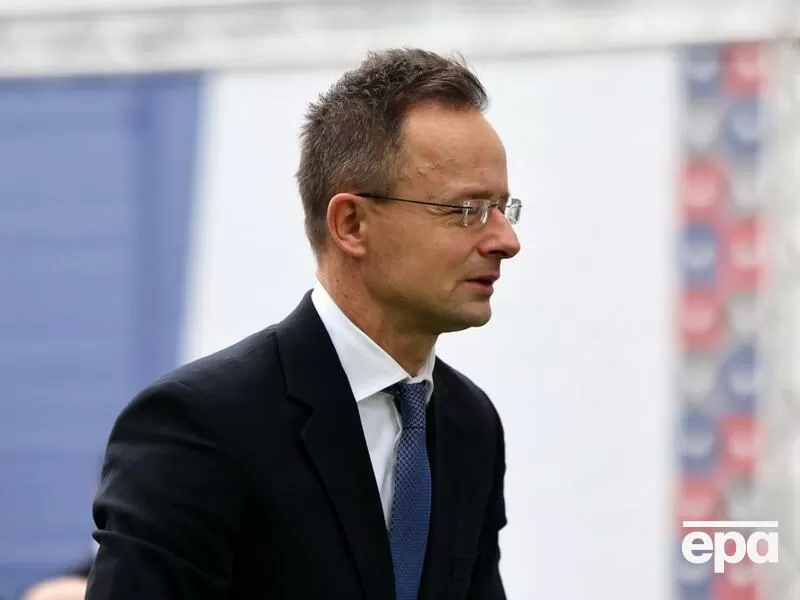At the meeting of the heads of diplomacy of the European Union member states on December 16, practically no one expressed support for Hungarian Prime Minister Viktor Orban’s idea of a «Christmas truce». This was stated by Hungarian Foreign Minister Peter Szijjarto on December 16 at a press conference, as reported by Telex.
The idea of a Christmas truce, proposed by Prime Minister Orban, called for a temporary halt to all political disputes and conflicts within the EU during the holiday season. However, it seems that this proposal did not receive the backing it was hoping for.
According to Minister Szijjarto, the lack of support for the Christmas truce idea was disappointing but not surprising. He cited the ongoing tensions between Hungary and other EU member states, particularly over issues such as migration and the rule of law, as the main reason for the lack of enthusiasm towards the proposal.
It is worth noting that this is not the first time Prime Minister Orban has proposed a Christmas truce within the EU. In 2018, he also suggested a temporary halt to all political disputes during the holiday season, but the idea did not gain much traction then either.
The lack of support for the Christmas truce idea at the recent meeting of EU diplomats highlights the deep divisions and tensions within the bloc. It also raises questions about the effectiveness of such proposals in promoting unity and cooperation among member states.
Despite the disappointment expressed by Minister Szijjarto, he emphasized that Hungary remains committed to finding solutions to the issues facing the EU and is willing to engage in constructive dialogue with other member states.
The lack of support for the Christmas truce idea may also be seen as a reflection of the current political climate within the EU. With the rise of populism and nationalist sentiments in several member states, it is becoming increasingly challenging to find common ground and reach consensus on important issues.
However, it is essential to remember the true spirit of Christmas, which is about peace, love, and unity. Perhaps, instead of a temporary truce, what the EU needs is a long-term commitment to working together towards a more united and prosperous future for all its member states.
In conclusion, while the idea of a Christmas truce may have been well-intentioned, it seems that it did not resonate with the majority of EU diplomats. Nevertheless, the lack of support should not discourage efforts towards finding solutions and promoting unity within the bloc. As we celebrate the holiday season, let us remember the importance of coming together and working towards a better future for all.

